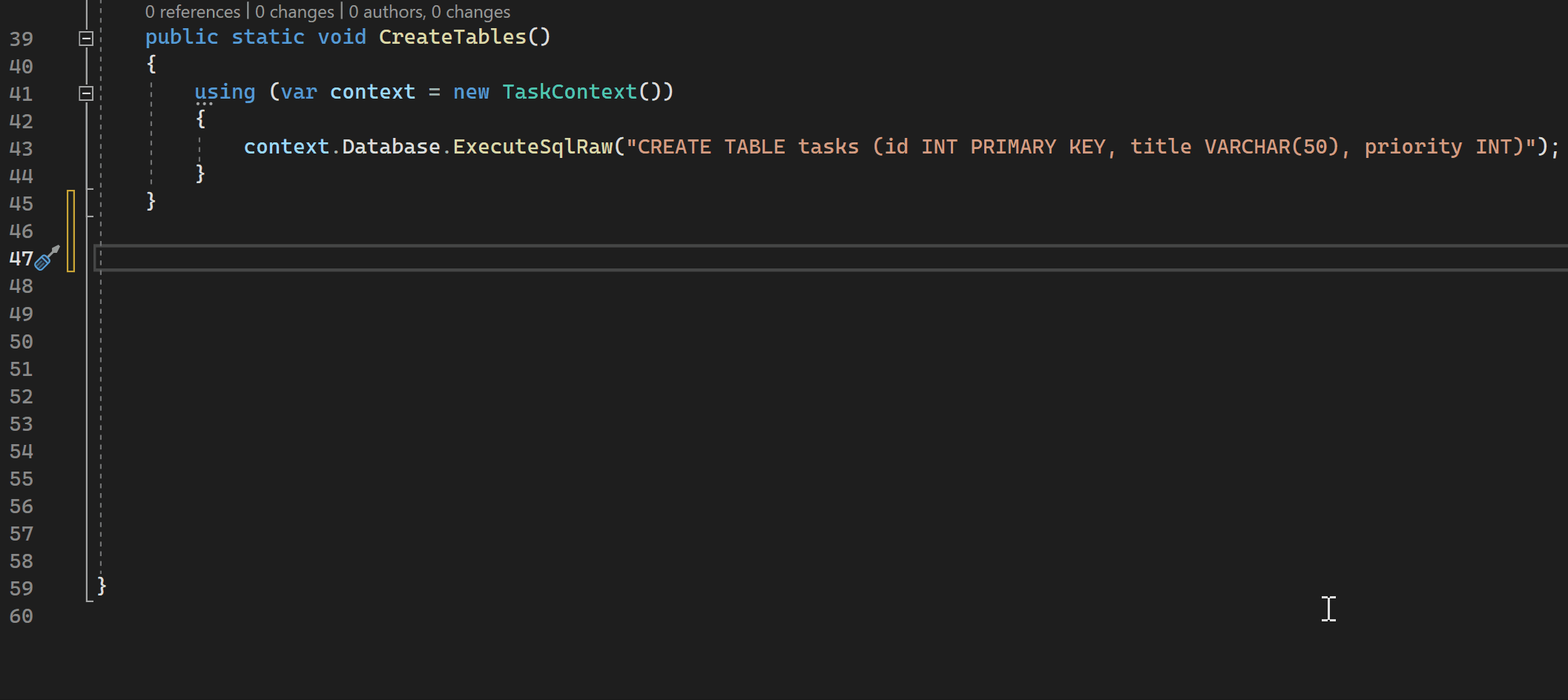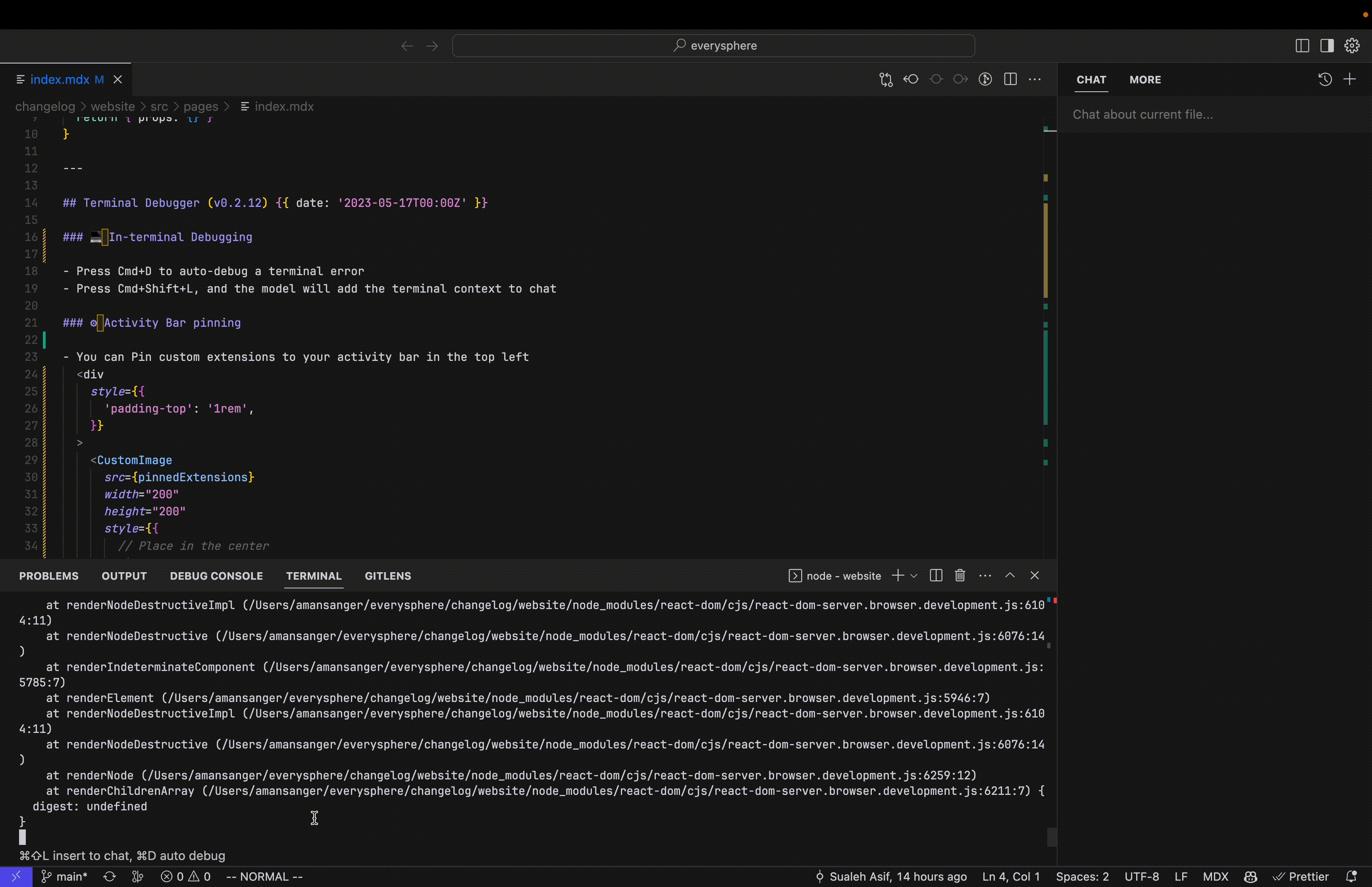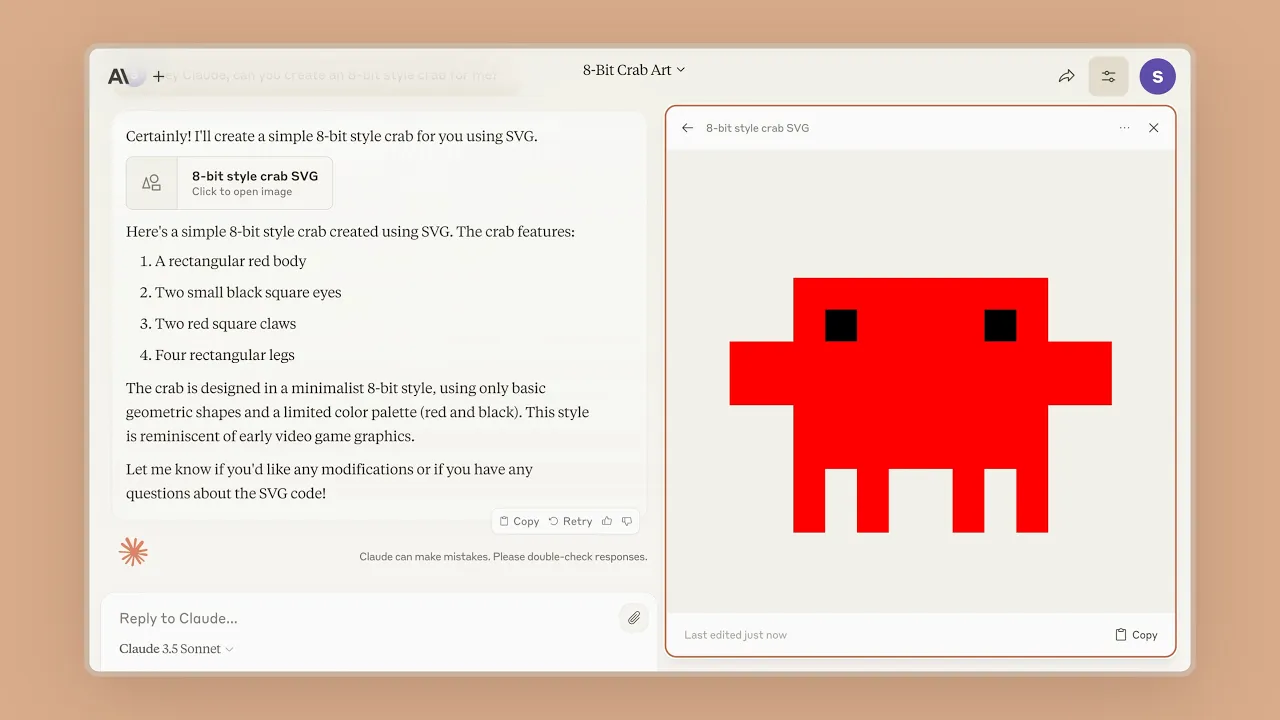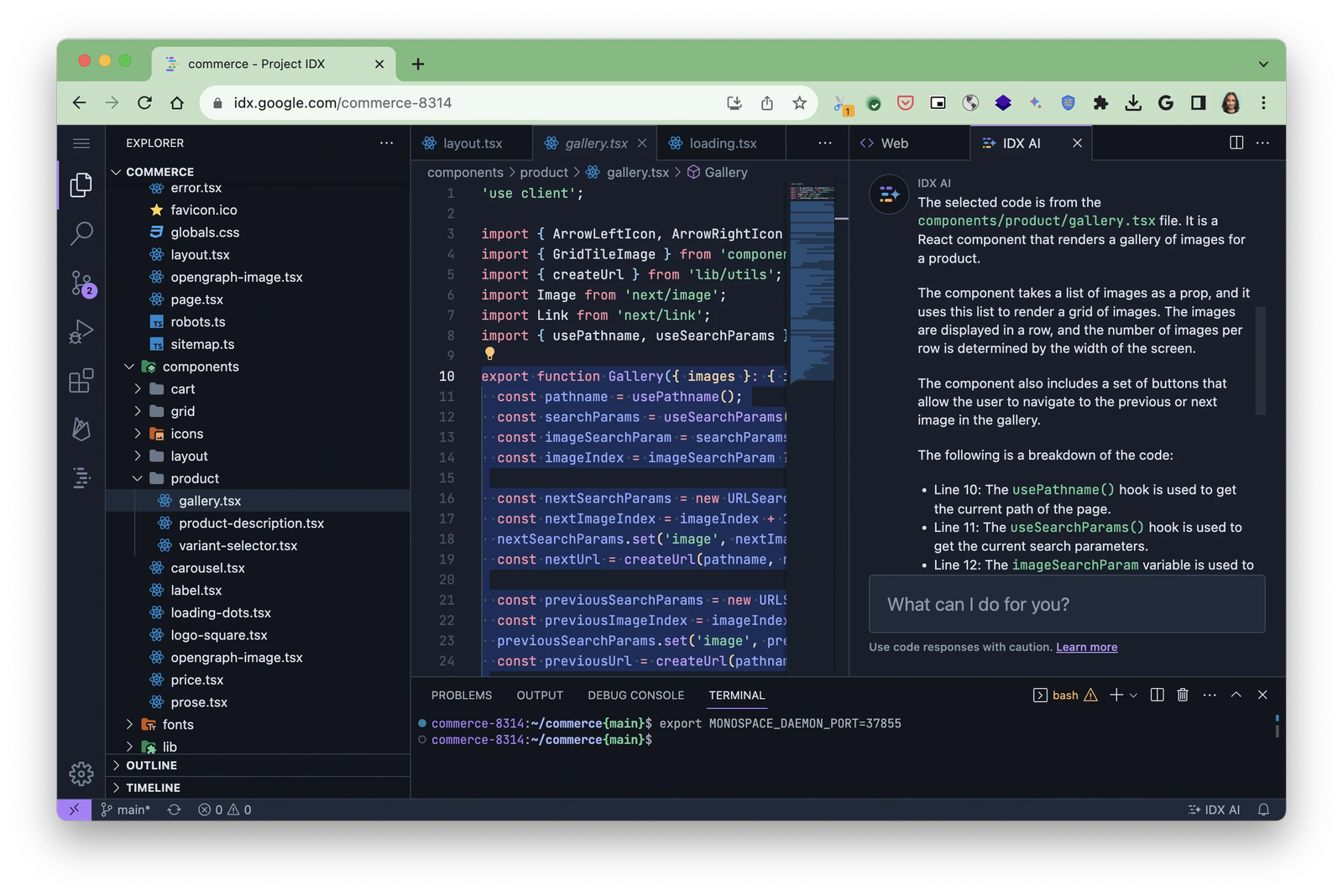This content originally appeared on Telerik Blogs and was authored by Hassan Djirdeh
Today, AI-assisted software development has made coding available to more people than ever before. Let’s look at the AI tools in code editors—Visual Studio Code with GitHub Copilot, Cursor, Claude Artifacts and Google’s Project IDX.
The craft of software development has always been influenced by the various tools that are offered to developers. The evolution from simple editors like Notepad (or Notepad++) to more integrated development environments (IDEs) like Eclipse and IntelliJ IDEA has magnified the manner in which developers create and manage their own code.
There is now another major transition moment happening today—one powered by integrating artificial intelligence (AI) into coding applications—to provide help and improved efficiency in software production.
In this article, we’ll look at the emergence of AI in code editors. focusing on some of the most impactful tools being used today, like—Visual Studio Code with GitHub Copilot, Cursor, Claude Artifacts and Google’s Project IDX.
A Brief History: AI in Software Development
Initially, AI was used in the form of traditional rule-based static analysis tools and simple code linters (like ESLint), which could find potential bugs or coding issues. These tools provided developers with basic rule-based support to find errors early in the development process. However, the real turning point came with the advent of machine learning and natural language processing (NLP) technologies.
In 2015, the release of TensorFlow by Google democratized access to deep learning technology by making it available to developers who train their models. Almost at the same time, large-scale language models such as OpenAI’s GPT series indicated the possibility of AI’s understanding of and generation of human-like text. This concurrence of improvements has become the springboard for the use of AI for code generation and assistance.
Visual Studio Code + GitHub Copilot
One of the most significant milestones in AI-driven code editing was the introduction of GitHub Copilot, integrated with Visual Studio Code (VS Code). VS Code, a free and open-source editor developed by Microsoft, has long been a favorite among developers for its lightweight nature and extensive library of extensions.
Built initially on OpenAI’s Codex model (which itself is a descendant of GPT-3), GitHub Copilot acts as an AI pair programmer, capable of suggesting entire lines of code, completing functions and even generating code snippets based on comments or incomplete code.

Cursor
While GitHub Copilot has set a high standard for AI-assisted coding, tools like Cursor has set a more advanced approach to enhancing the developer experience today. Cursor is designed not just as a code completer but as a comprehensive assistant that helps developers navigate the complexities of the development process.
Cursor allows you to leverage different advanced AI models to provide code suggestions alongside contextual information, explanations and debugging assistance. For example, when a developer encounters an error, Cursor can suggest potential fixes, explain the cause and offer relevant documentation or code examples to help resolve the issue.

One of Cursor’s standout features is its ability to learn from the developer’s coding style and preferences. Over time, it tailors its suggestions to better match the user’s habits, making the coding experience more personalized and efficient. This makes Cursor a valuable tool for both novice and experienced developers, as it aids in bridging the gap between writing code and fully understanding the underlying concepts.
Claude Artifacts
Claude, developed by Anthropic, offers a unique approach to AI assistance in software development. Unlike traditional code editors like GitHub Copilot and Cursor, Claude isn’t exactly a code editor. Instead, it introduces the concept of “Artifacts”—a feature for managing substantial pieces of content within a conversation.
Claude Artifacts are essentially containers for various types of content, including code snippets, documentation or entire files. These Artifacts can encompass a wide range of elements, from simple functions to more complex structures like database schemas or API designs. Developers can request Claude to generate, modify, or explain these Artifacts, potentially saving time during various stages of development.

What makes Claude Artifacts particularly useful is their flexibility and integration within the conversation flow. While they don’t support real-time collaboration between multiple human developers, they do allow for iterative improvement through ongoing dialogue between the developer and Claude.
This conversational aspect, combined with Claude’s ability to generate and modify complex content structures, positions it as a helpful AI assistant that goes beyond simple code completion, offering a more comprehensive approach to AI-assisted development tasks.
Project IDX
Google’s Project IDX is a relatively new player in the AI-powered code editor space. It is still in its early stages and is part of Google’s vision to create an AI-powered development environment that is integrated within the broader Google ecosystem.
One of the key features of Project IDX is its cloud-based nature. Unlike traditional code editors that are installed and run on local machines, Project IDX is designed to operate entirely in the cloud (i.e., on the browser). This allows developers to access their projects from anywhere, collaborate in real time and leverage Google’s powerful AI models for code generation, optimization and analysis.

Project IDX also aims to integrate closely with other Google services, such as Firebase (and Android/iOS simulators), for quick deployments. This level of integration could potentially make Project IDX a one-stop solution for developers working on complex, data-driven applications.
Wrap-up
The integration of AI in code editors is changing the way we do software development, presenting both promising opportunities and potential problems. Tools like VS Code with GitHub Copilot, Cursor, Claude Artifacts and Project IDX are just a few examples of how the landscape is evolving. But these tools are just the start—many more will likely appear, each offering its own unique features and approaches (see Devin AI, a tool intended to be the “first AI software engineer”).
While AI can greatly enhance productivity and creativity, there are potential risks, such as the introduction of security vulnerabilities and the possible decline in code quality. Ethical considerations, including data privacy, intellectual property and AI bias, can also be critical as these tools become more pervasive in the industry.
In spite of these challenges, the potentialities are huge. AI-assisted software development has made coding available to more people than ever before, and it enables individuals to create products faster. As AI continues to evolve, its role in shaping the future of software development will only grow, creating new possibilities and pushing the boundaries of what we can achieve in the digital world.
This content originally appeared on Telerik Blogs and was authored by Hassan Djirdeh
Hassan Djirdeh | Sciencx (2024-09-27T08:47:18+00:00) Software Development with AI-Powered Code Editors. Retrieved from https://www.scien.cx/2024/09/27/software-development-with-ai-powered-code-editors/
Please log in to upload a file.
There are no updates yet.
Click the Upload button above to add an update.
